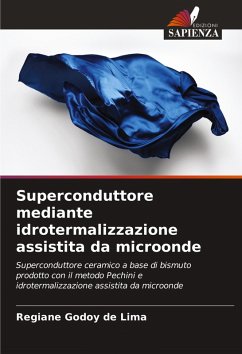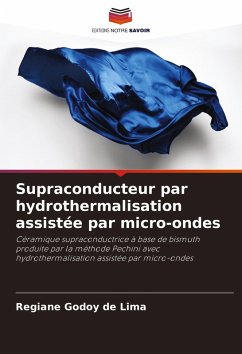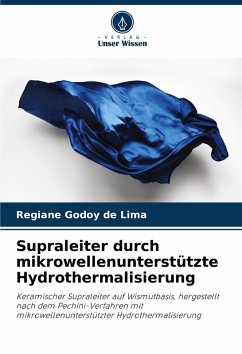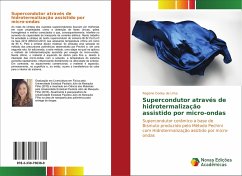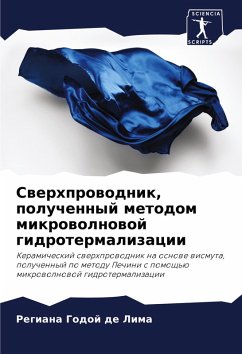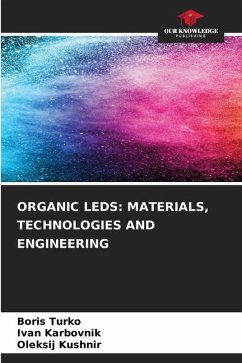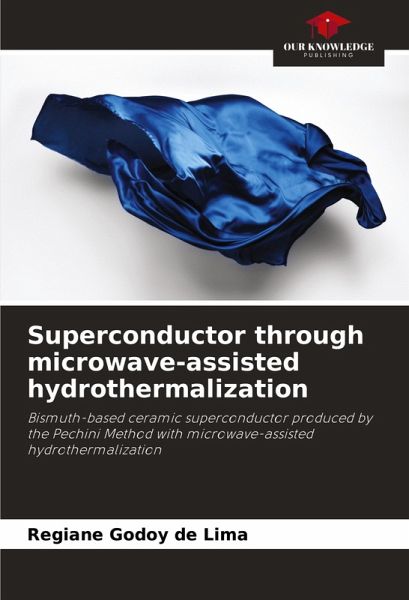
Superconductor through microwave-assisted hydrothermalization
Bismuth-based ceramic superconductor produced by the Pechini Method with microwave-assisted hydrothermalization
Versandkostenfrei!
Versandfertig in 6-10 Tagen
33,99 €
inkl. MwSt.

PAYBACK Punkte
17 °P sammeln!
The synthesis routes for superconducting cuprates seek to improve their properties, such as obtaining single phases, homogeneous and better-connected grains which, consequently, interfere with the increase in electric current-carrying capacity. In this work, we studied the synthesis of the superconducting oxide of the Bi:Sr:Ca:Cu:O system in phase 2212 (BSCCO-2212), which has a critical temperature of around 85 K. For the synthesis of this material, a variation of the polymer precursor method developed by Pechini was used and, in a second route, a step was added to this method in which the mic...
The synthesis routes for superconducting cuprates seek to improve their properties, such as obtaining single phases, homogeneous and better-connected grains which, consequently, interfere with the increase in electric current-carrying capacity. In this work, we studied the synthesis of the superconducting oxide of the Bi:Sr:Ca:Cu:O system in phase 2212 (BSCCO-2212), which has a critical temperature of around 85 K. For the synthesis of this material, a variation of the polymer precursor method developed by Pechini was used and, in a second route, a step was added to this method in which the microwave-assisted hydrothermalization method was applied. In the latter, the material is heated from the inside out and, due to the interaction of the microwaves with the solution, the temperature of the system increases rapidly, directly influencing the speed of synthesis. In contrast, in conventional heating, the material is first heated on the surface and only then is heat transferred to the inside of the system.






